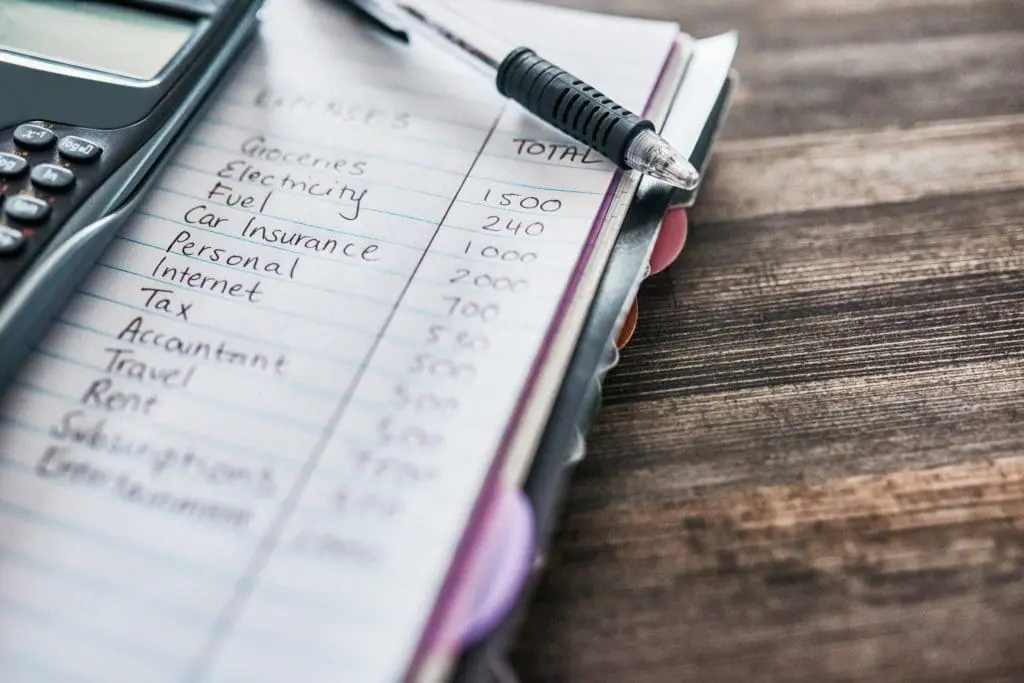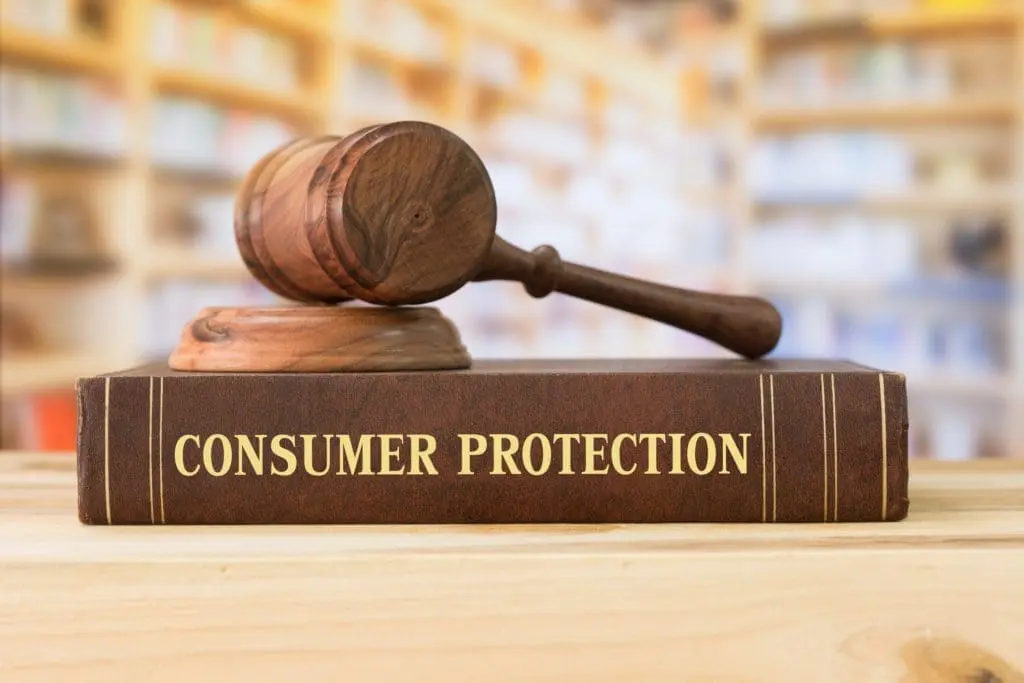
Step by Step: What to Do if You Don’t Recognize Debt
Did you know that collection agencies purchase debts for pennies on the dollar and then try to collect as much money as they can to make a profit? Sometimes, these companies want payments, but they also want to scare people into giving them even more than what was initially owed to make more money.
Knowing this information will help you prepare you ever have any unannounced phone calls or visitors showing up at your door trying to collect money from you for something that isn’t yours. It’s essential always to verify who owns the debt before providing any information about yourself or your finances.
A study from Credit Karma study also found that nearly three-quarters of people either couldn’t tell who owned a debtor didn’t know how much money is owed, while another 12% weren’t sure whether it was a personal loan or credit card balance–or both! And unlike debts on legitimate accounts where you can call and ask for validation before agreeing to terms, there are no such protections with an unknown bill.
In this article, we’ll be exploring what steps you should take if an unknown bill collector contacts you.
What Is Debt?
Debt is money you owe to someone else. It can come in many forms, with some examples being:
- Mortgages
- Car Loans
- Student Loans
- Credit Cards
Types of Debt
Loans can be good if they help you build credit, increase financial stability and make major purchases. Examples of this include student loans, mortgages, or car loans. Bad debt would be excessive credit card loans that exceed your debt-to-income ratio.
Lenders will only allow you to borrow what they feel you can pay. For example, you won’t get a loan for a $500,000 house if you only make $40,000 a year. Creditors examine your income and credit history when they decide whether or not to offer you credit.
When you borrow or take out a loan for something, the person or company lending you the money expects to be paid back with interest (i.e., an added cost for borrowing) at some point down the road. If you do not pay your bill on time –or at all– that is worse because it becomes more challenging for you to repay what was initially owed! If there were no interest rates on these loans, the lender would not benefit from the loan.

Secured vs. Unsecured
Secured loans involve specific collateral that the lender can take if the debtor fails to pay. Examples of secured loans may be a mortgage in which the house is collateral. Another example is a secured credit card, where a person pays the bank a deposit that either partially or fully equals the credit limit. If the debtor does not pay the credit card, the bank will keep the deposit.
An example of an unsecured loan is most credit cards or revolving credit accounts where a lender has no claim to the debtor’s property if they fail to pay the loan. Credit applicants must have a good credit history or a cosigner with good credit history to obtain unsecured loans. If the debtor fails to fulfill their obligation, a lender may sell the loan to a bill collector.
Revolving vs. Installment Loans
Revolving debt is a type of unsecured loan where the borrower has a credit limit and can borrow against that limit as often as they want as long as they do not go over the limit. The most common type is a credit card. Once the borrower pays off their balance, they can borrow again.
An installment loan is a secured or unsecured loan where the debtor agrees to pay a fixed sum each month for a set period. An example of an installment loan would be an auto loan in which the car is purchased with monthly payments or a mortgage in which the homeowner agrees to make monthly payments for several years.

Collection Errors or Scams
Just because a bill collector contacts you does not mean that you are responsible for the bill. Bill collectors make mistakes, or they may even suck you into a collection scam.
Signs of a collection scam include:
- Threatening phone calls demanding payment.
- Demand payment for a bill that the debtor does not owe.
- Asking for payment before proving that the debtor owes the money.
- Offering to “help” the debtor settle their bill for a fee without actually providing any assistance.
- Pretending to be from a government agency or law enforcement office to scare the debtor into paying.
- Contacting friends, family, or employers of the debtor to try and collect money.
- Sending letters or emails that look like official court documents in an attempt to make you believe you are being sued.

Know Your Rights As A Consumer
You have rights as a consumer. Therefore, you can request validation of your loan before paying anything. You also have the right to dispute the loan and request that the collection agency ceases contact with you.
If a creditor, such as a credit card company, is threatening legal action against you, such as filing a lawsuit or taking away money from your wages, they must first sue you in court and win before they can do those things.
If they try to take these actions without first suing you – it is illegal and considered a form of harassment. It does not matter if the original credit agreement included language which stated that this would happen if you failed to pay (and most do ).
This type of upfront threat is an unfair practice under the federal Fair Debt Collection Practices Act (FDCPA).
Laws Bill Collectors Cannot Break
Legitimate bill collectors have to follow certain rules under the law. They may not:
- Contact you before 8 am, after 9 pm, or any other time if it’s a national holiday in your country.
- Call you more than three times a week or more than once every seven days.
- Collect from your friends or relatives without their permission.
- Reveal how much money they’re collecting from others to you–but they must ask for payment from anyone with enough money to pay them back.
Bill collectors also can’t use obscene words, leave voice mail messages that don’t identify their company, threaten violence or arrest, or tell lies about you or your credit.

What To Do If You Don’t Recognize Debt
The first thing you should do is know if the loan is secured or unsecured. Knowing will make it easier to determine what can happen if you can’t pay it back. If it’s secured, your creditor might be able to take your collateral or security if they have one. If it’s unsecured, your creditor may have to sell the loan to a bill collector who may be able to take other actions, including legal action.]
Steps you should take if you don’t recognize the bill as initially yours:
- Who is the original creditor? Ask for proof such as a contract or agreement to repay this amount on these specific terms. And if it’s not an original creditor, ask for documentation of any transactions with the alleged debtor and determine whether they may have incurred that bill with your company.
- Have a demand letter written to the creditors demanding validation of the alleged bill and stating that if no further contact is made within x number of days, assume it has been resolved in your favor (with clearly outlined reasons why).
- Document all actions taken to verify the bill, including dates and names of creditors contacted. Contact your creditor’s legal department if you cannot resolve the issue with their internal claim department. Do not discuss the bill until you receive this validation notice, and do not provide additional information.
- Keep careful records of all communication with creditors, bill collectors, and original creditors during this process, including phone calls, letters, emails, etc., noting the date sent/received along with details on each transaction (time of day, representative’s name). Attach copies of any documents sent or received.
- Contact external consumer protection agencies for assistance if the issues cannot be resolved by notifying your state attorney general office or local consumer affairs division (www.usa.gov) as well as filing a complaint with the FTC.
If you find yourself in a situation where you do not recognize the debt, there are some steps you can take to verify whether or not it’s legitimate. If you are in need of further debt assistance, please contact us!
Remember that knowing as much as you can about your rights and responsibilities when facing an unknown bill before agreeing on terms with creditors will pay off.

